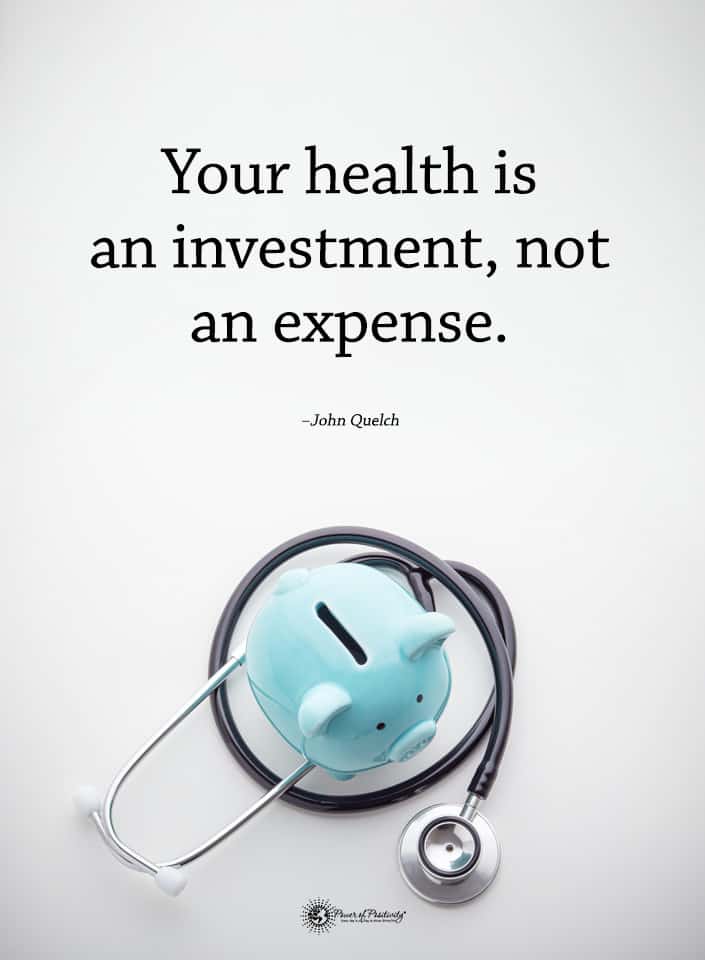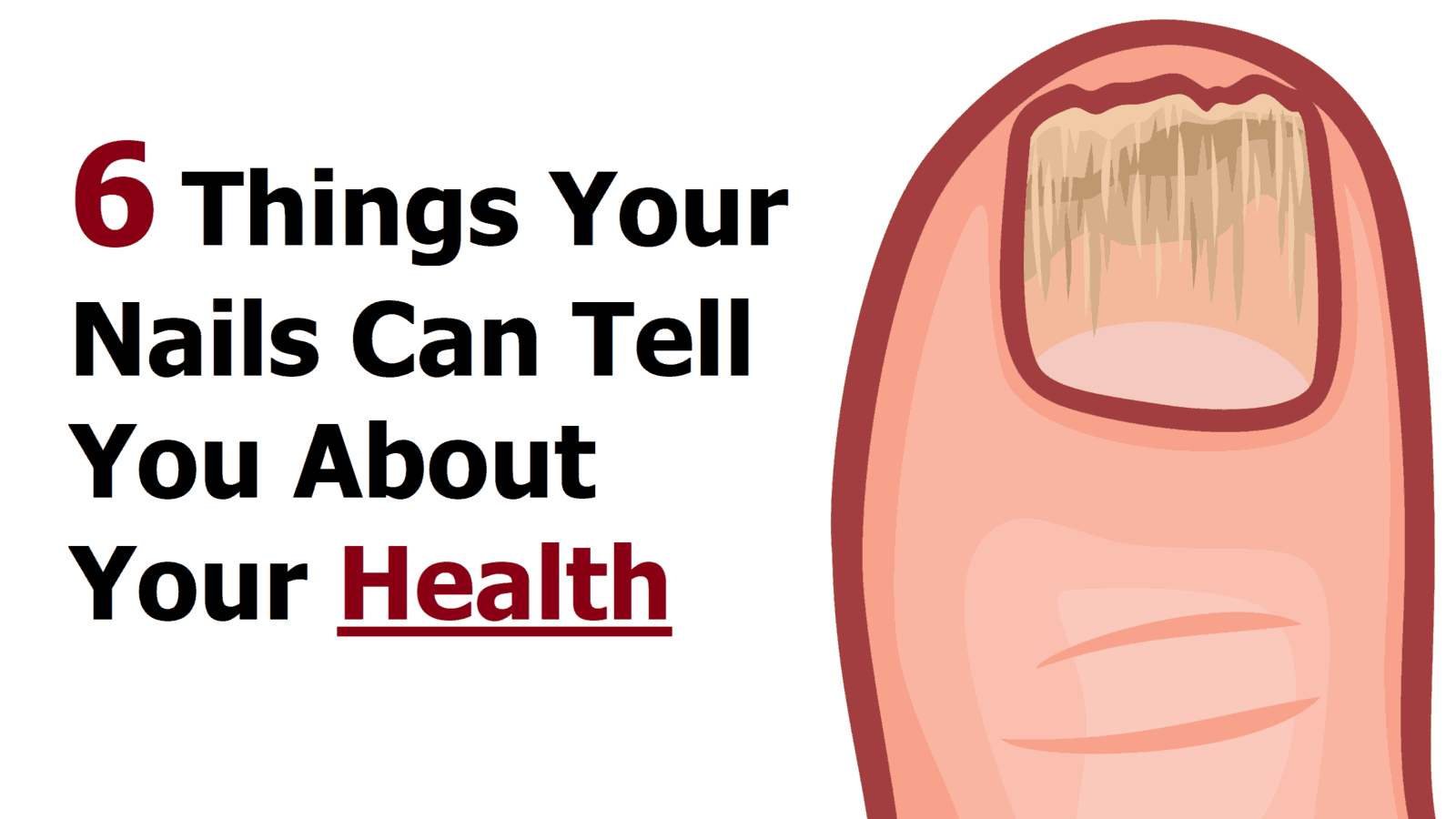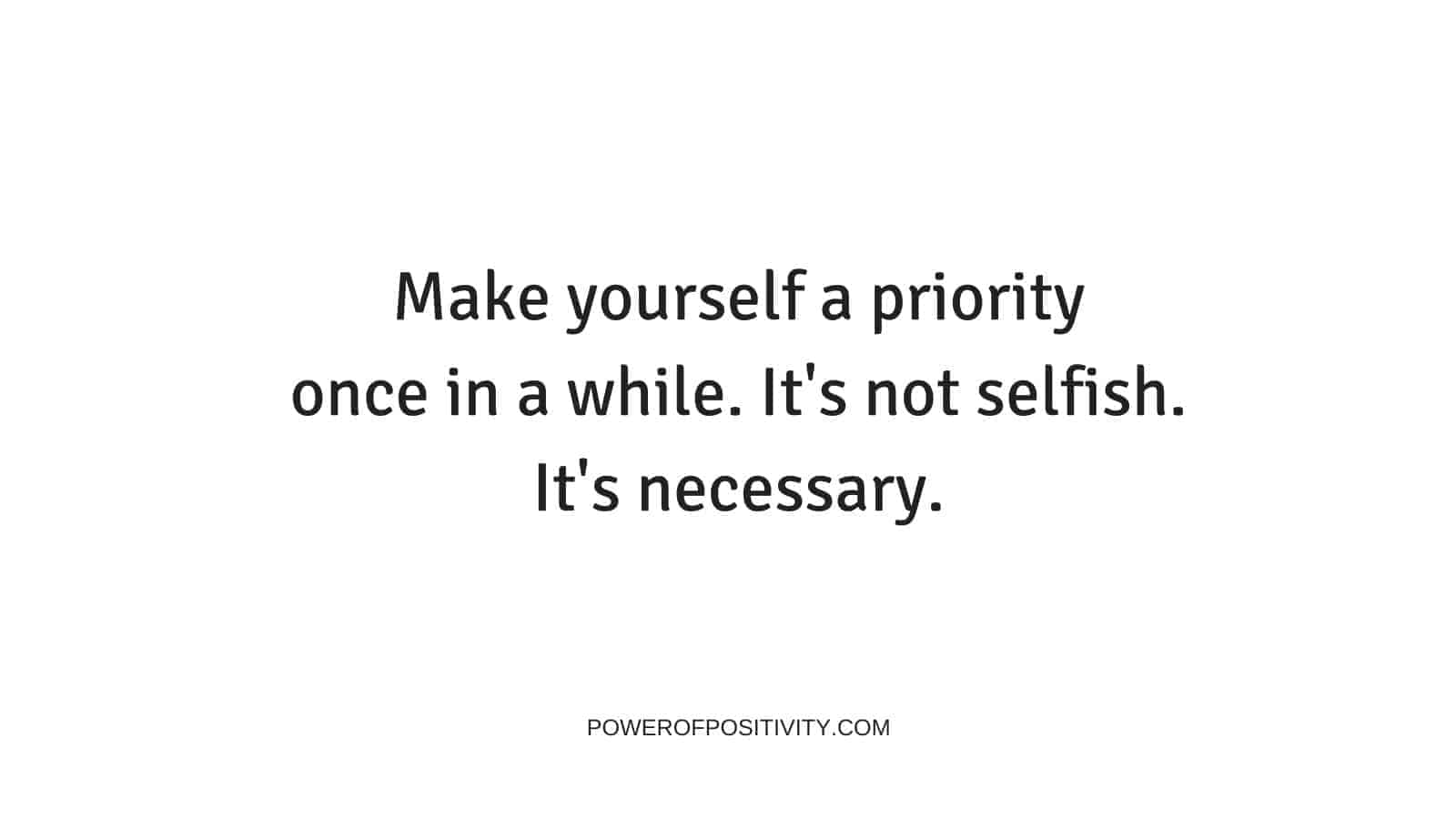A temper is something in all of us that is at the heart of much of the negative energy that we have seen in our history, both recent and ancient. Anger is a very natural feeling, but how we behave in response is what can get out of our control. The following are important facts about your temper that everyone should keep in mind.
7 Things You Need to Learn About Your Temper
1. You are still learning how to be angry
You observe how other people respond to frustration all the time. When someone throws the remote at the TV in anger, you make a judgment that you don’t want to act that way. You see someone else who is frustrated with an incompetent clerk at the store. They are clearly frustrated but their response is to sigh heavily, tell the clerk to take their time so that they get it right and then they turn and apologize to the people in line behind them. You know which response you’d prefer to have yourself and you make that choice.
By seeing others in stressful situations, we select our behavior role models and try to follow in their footsteps. We tell ourselves that next time we get angry we will try a deep breath first.
2. You are still angry about your childhood
Your parents treated you differently from your siblings. One of your parents wasn’t there for you when you needed them. Your parents fought too much. Almost all of us can identify with one or more of these statements because these are inevitable parts of growing up.
If someone let you down and you were unable to stand up for yourself as a child, you might still be feeling resentful about it, even to this day. If you lived with siblings, you always felt that your parents liked them best and you were angry about it. You wish that your dad or mom was there more often when you needed them and you are still angry that thy weren’t.
Have a chat with yourself and ask what you’re still upset about from your childhood. Work through those issues on your own, with your parents, or find a licensed therapist to talk to about your lingering anger.
Related Article: 10 Things Your Inner Child Is Trying to Tell You
3. Managing your anger can help you succeed
Successful people are the picture of grace under pressure. That stereotype is one that hiring managers are looking for. In fact, they will almost always ask you in an interview about a time when you faced a lot of pressure and how you responded in a time of crisis.
How you appear outwardly when you are under pressure can say a lot about how you are perceived by those who might promote you. If you can never let them see you sweat, you’ll go farther than if you do.
Related Article: 5 Ways to Manage Anger
4. The health of your relationships is at stake
A major cause of broken romantic relationships is the anger of one partner over the behavior of the other. Expressing anger rather than hurt feelings can mean that the relationship is doomed. Expressing hurt communicates to your partner that you acknowledge what they said but that you took it personally whereas expressing anger blames them for your hurt feelings. In a study of positive versus negative patterns of emotional expression in childhood and teenage years, researchers could predict subjects’ success in future romantic relationships. Those who had a negative pattern of emotional expression with anger had more conflict in their relationships.
5. Others can sense your anger
We have evolved to have the ability to sense anger as a strategy to protect ourselves from harm. This makes sense when you are faced with an angry bear coming at you, but we have also adapted to learn to detect anger in human speech.
Your voice conveys anger to others whether you know it or not. A Swedish study found that anger can be recognized 83% of the time from speech intonation, even if angry words are not used. The research is being used to develop a voice recognition tool to help telephone call centers to get irate customers helped faster.
6. Your temper is a killer
Rapid heartbeat, high blood pressure, increased cortisol hormone levels, and muscle tension are the physiological signs of anger. They are also the signs of stress and we know that living in a state of chronic stress leads to heart disease and other illnesses.
Not only that, intense anger that is out of control can lead to violent outbursts that cause people to kill each other. If you are concerned about violent thoughts that may lead you to violent actions, please contact a Crisis Counselor.
7. You can learn a lot from your anger
When you notice that you are angry, ask yourself, ‘Why am I angry?’ This will help you get to the root cause of your anger and you can learn about how to manage your temper better.
You can also learn to not be angry. When something happens that provokes your temper, you can chose not to get angry. You can choose to slow your breathing, relax your physical body and change your thoughts to reframe the event. Instead of taking it as a personal attack, try thinking of it as that person feeling tired and lashing out at you.















